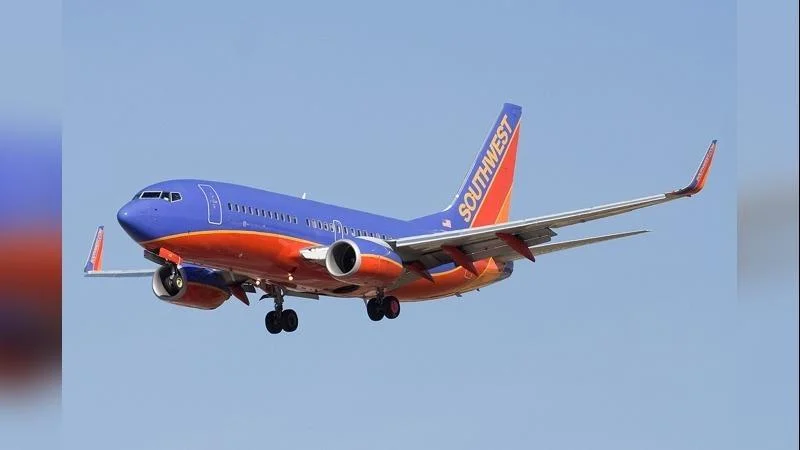Southwest Airlines, the world's largest operator of the Boeing 737, is reducing its fleet of 737 Next Generation (NG) aircraft as part of a long-term plan to retire these models by 2031. The airline currently operates 810 Boeing 737s across three variants: the 737-700, 737-800, and 737 MAX 8. The company has committed to operating only Boeing aircraft.
The move to phase out the older NG models is driven by several factors. Newer aircraft such as the Boeing 737 MAX series offer improved fuel efficiency and lower operating costs compared to their predecessors. Each MAX aircraft is equipped with CFM LEAP-1B engines and features aerodynamic improvements that result in approximately 14-20% greater fuel efficiency than the NG models. This increased efficiency helps reduce one of airlines' largest expenses—fuel—and supports Southwest's sustainability goals.
In addition to higher fuel costs, maintenance requirements for aging aircraft are increasing. The average age of Southwest’s 737-700s is about 19 years, while its 737-800s average around 11 years old. As these planes age, they require more frequent and costly maintenance and inspections for structural issues such as fuselage cracks mandated by the Federal Aviation Administration.
 Alerts Sign-up
Alerts Sign-up





































